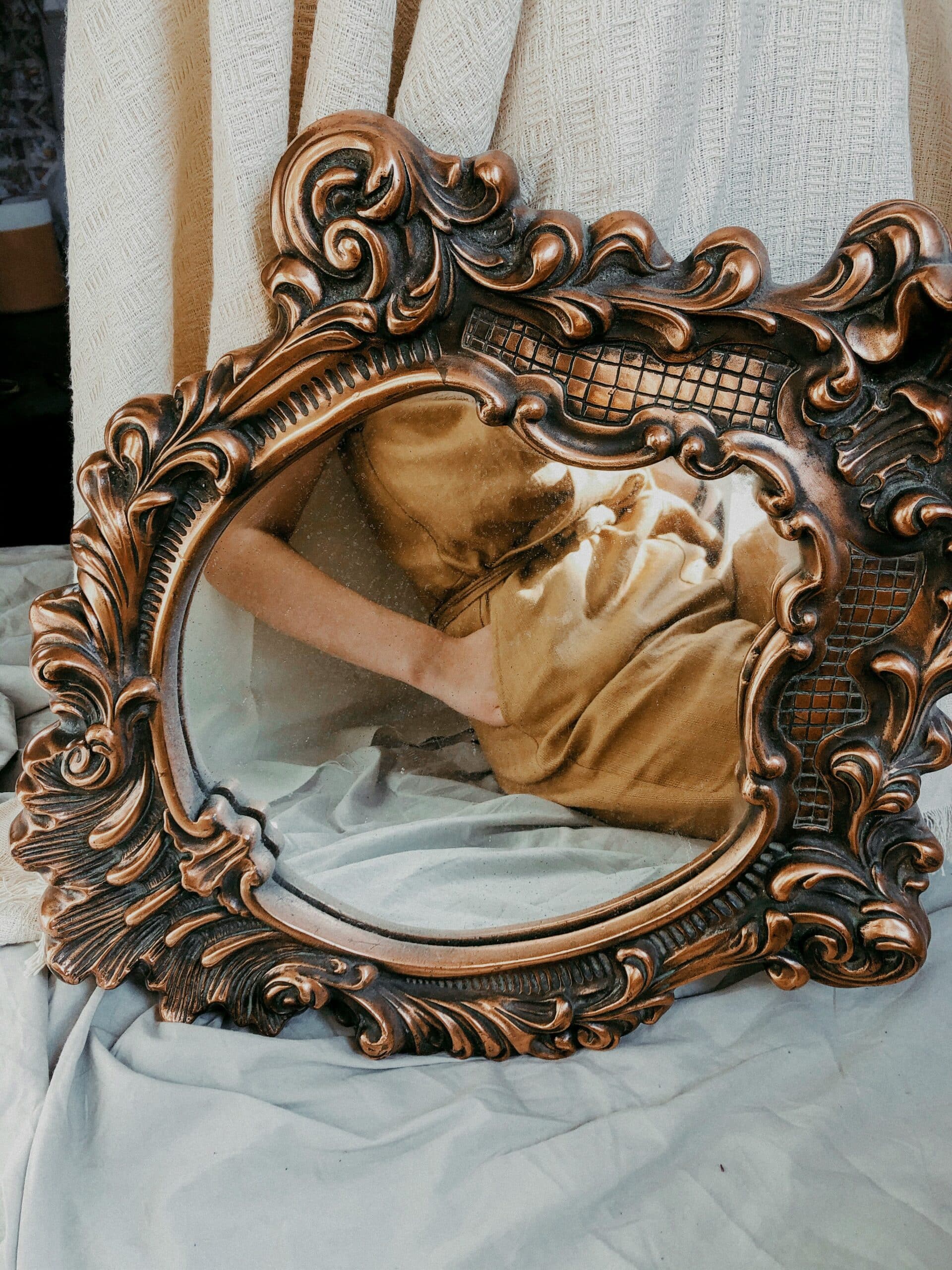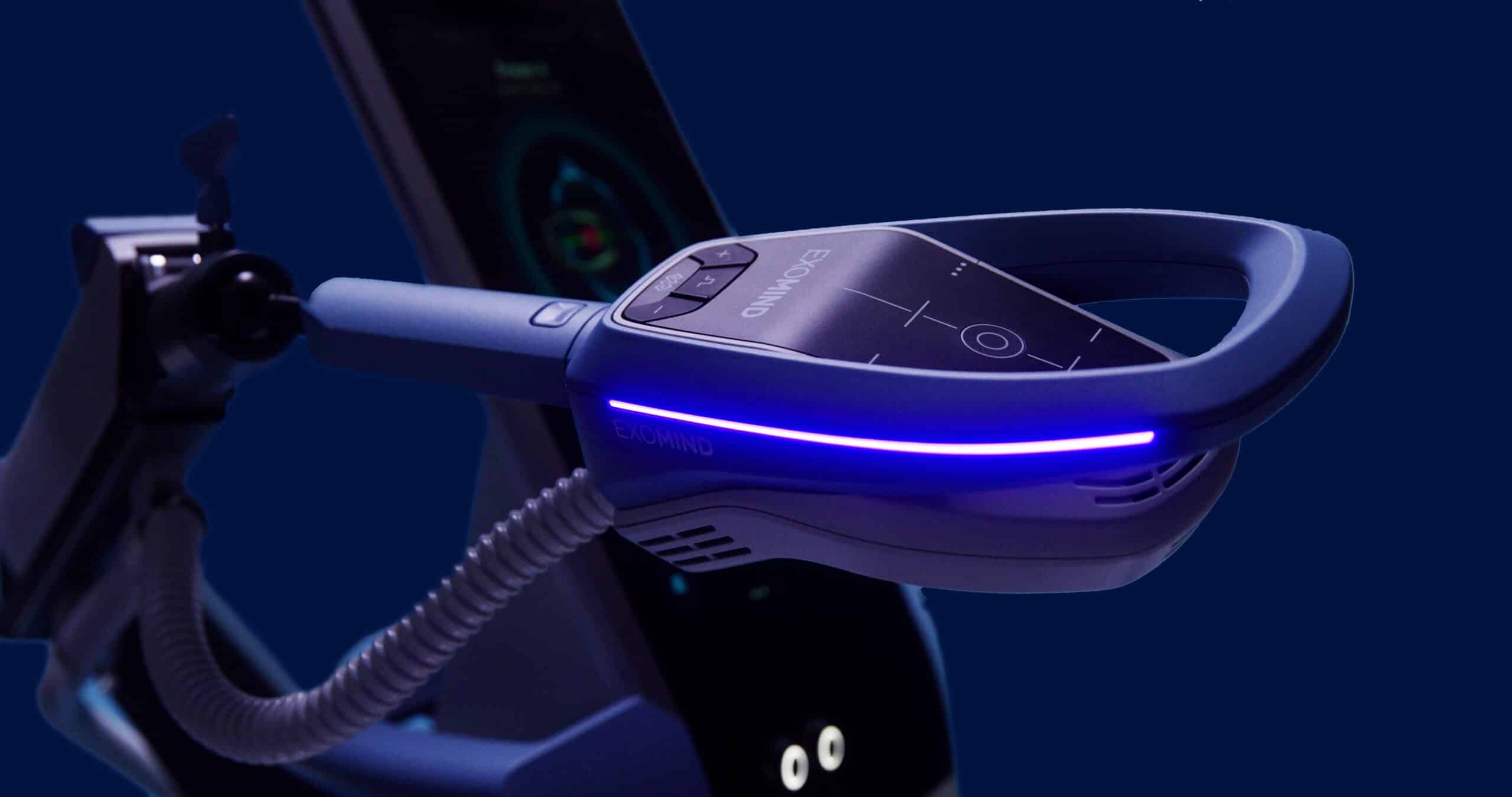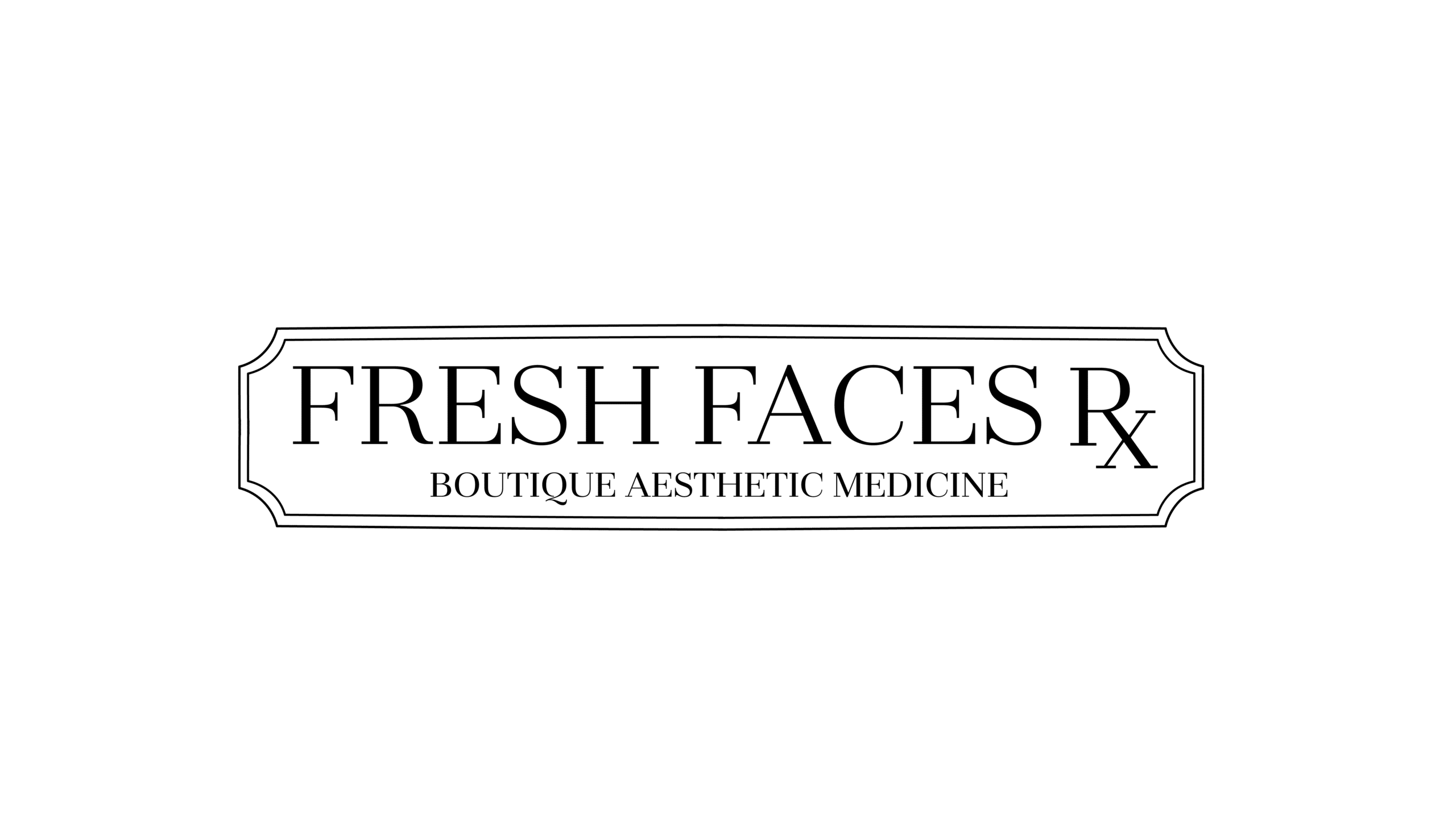Enclothed Cognition and the Psychology of Style

What Is Enclothed Cognition?
Enclothed cognition is the psychological theory that what we wear impacts how we think, feel, and perform. First introduced in a 2012 study published in the Journal of Experimental Social Psychology, the concept suggests that clothing carries symbolic meaning—and that when we put on an outfit, we also take on its psychological traits. It’s not just about appearance; it’s about embodiment. A person wearing a white coat identified as a doctor performs better on cognitive tasks than one wearing the same coat described as a painter’s smock. Our clothes influence self-perception, posture, focus, and even our internal dialogue.
Style as a Somatic Tool in Aesthetic Medicine
In aesthetic medicine, this theory expands beyond clothes. The way we style our hair, apply makeup, and care for our face and skin all contribute to a daily ritual of cognitive and emotional shaping. Patients who receive aesthetic treatments often report feeling more assertive, aligned, or expressive—not just because of what others see, but because of how they begin to see themselves. Lip filler, skin smoothing, jawline contouring—these are not merely enhancements. They are tools of identity reclamation, especially for patients in life transitions (e.g., postpartum, post-divorce, gender affirmation). These choices signal internal growth and personal authorship.


Clinical Example
A professional woman in her 50s returns for a consultation after years of suppressing her aesthetic desires due to stigma. After undergoing subtle midface restoration and lip hydration treatments, she tells her provider, “I feel like I’m dressed for the role I actually have now.” Her sense of visibility has caught up to her internal evolution.
Beauty, Brain, and Longevity
Self-presentation influences confidence, cortisol levels, and emotional wellbeing—all predictors of long-term health. Clothing, appearance, and facial expression feed the brain cues that can either trigger or soothe the stress response. Over time, a congruent self-image supports hormonal balance and cellular repair.


Feminist Reflection
The world often tells women to be quiet about wanting to feel beautiful. But style is strategy—and aesthetic freedom is power. Choosing how you show up in the world is not vanity; it’s a declaration of self-authorship. It says, “I decide who I am and how I will be seen.”
Rewire & Restore your Mind with ExoMind
ExoMind is powered by a non- invasive, cutting-edge technology that uses Transcranial Magnetic Stimulation (TMS) to support mental clarity, well-being, and behavior change.
Clinical studies have shown that TMS can:
• Reduce obsessive thought patterns and compulsive behaviors
• Improve mood and decrease symptoms of depression
• Reduce chronic stress and physiological markers of anxiety
• Improve cognitive flexibility and emotional regulation
• Support healthier sleep architecture

Book your Exomind Session
About Us
Beauty and the Brain is the integrative aesthetic philosophy of Fresh Faces Rx, led by Dr. Jodee Anderson, a Stanford-trained physician, certified life coach, and one of the most trusted voices in ethical aesthetic medicine today. As a licensed physician in the state of Oregon, Dr. Anderson has dedicated her career to blending neuroscience, self-perception, and aesthetic integrity. At Fresh Faces Rx, we believe that self-care is healthcare, and beauty—when rooted in autonomy, compassion, and science—is a powerful path to healing, longevity, and personal transformation. All care is safe, ethical, and personalized. We follow Oregon Medical Board ORS/OAR regulations and hold the highest standards of integrity and patient safety.
